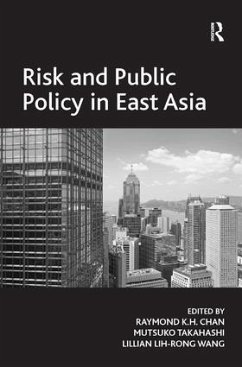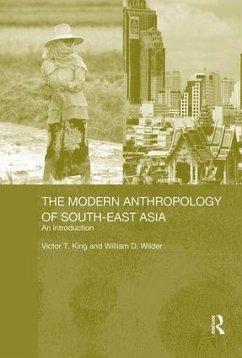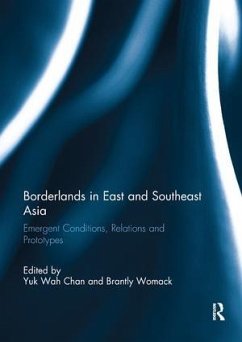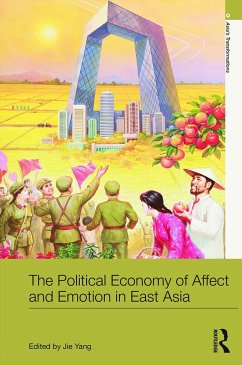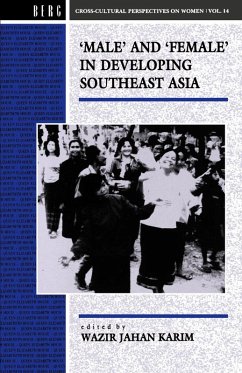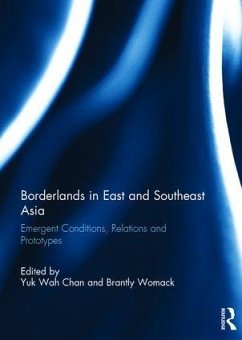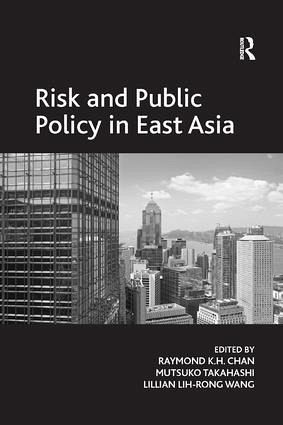
Risk and Public Policy in East Asia
Versandkostenfrei!
Versandfertig in 1-2 Wochen
64,99 €
inkl. MwSt.
Weitere Ausgaben:

PAYBACK Punkte
32 °P sammeln!
Contemporary Asian society is marked by social processes associated with the loss of stable economic growth and high employment; family structures capable of caring for family members in need; and governmental economic and political competence. Post-financial crisis job uncertainty and income and labor market polarization have become important issue in Asian societies. Family structures are viewed as have been weakened, with a corresponding rise in divorce and domestic violence. Trust in the government is in decline. Against this backdrop it is timely to review three critical issues: 1) polici...
Contemporary Asian society is marked by social processes associated with the loss of stable economic growth and high employment; family structures capable of caring for family members in need; and governmental economic and political competence. Post-financial crisis job uncertainty and income and labor market polarization have become important issue in Asian societies. Family structures are viewed as have been weakened, with a corresponding rise in divorce and domestic violence. Trust in the government is in decline. Against this backdrop it is timely to review three critical issues: 1) policies addressing work-related risks and socio-economic security; 2) changes regarding the structure and stability of families; and 3) issues concerning governance in times of weakened state capacity, declining trust, and the emergence of new politics. Containing chapters written by international scholars, this book introduces the concepts and theoretical approaches of risk and risk and governance and places them within the context of Asian societies.





